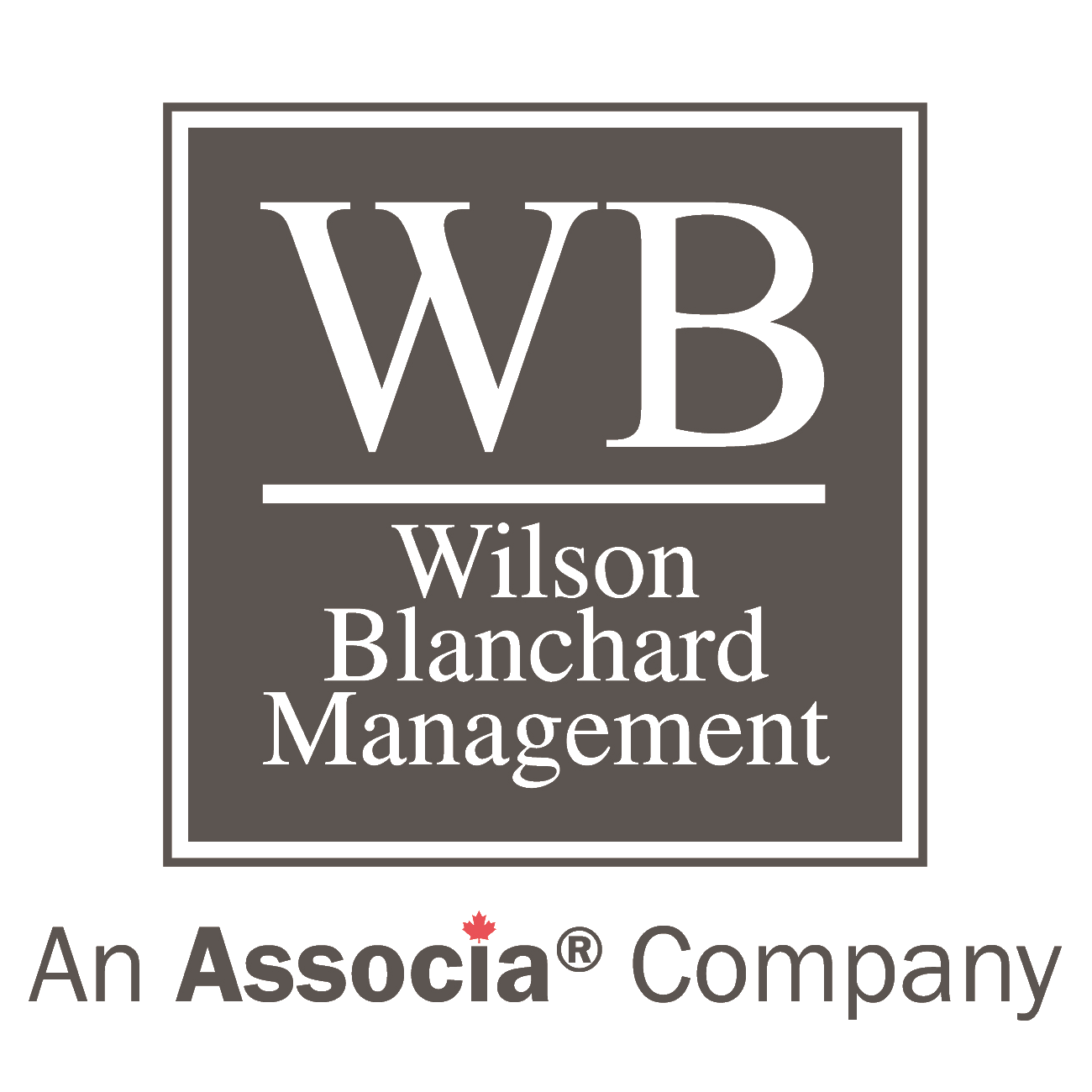Condo 101: A Breakdown of Community Governing Documents
Every condominium corporation is governed by a distinct set of documents that define its authority. In short, these documents detail what homeowners and board members can and cannot do.
Unless you’re highly adept at deciphering legalese, the language in your governing documents can be confusing. However, since everyone in the community has a stake in ensuring the governing documents are maintained, it’s crucial to understand them and their purpose. Read on to learn everything you need to know about governing documents, how they affect you, and more.
What are governing documents?
Governing documents are, in essence, the laws and regulations that explain how a community is governed. They establish how the condominium is run and set expectations for residents and the corporation.
What’s included in the governing documents?
The governing documents typically include the following:
DECLARATION
The declaration outlines the rights of the board, corporation, and owners and includes a legal description of the units, common areas and amenities, the percentage each unit owner contributes to common fees, maintenance obligations, and other clauses that establish how the condominium will be operated.
BYLAWS
Bylaws are the formal rule book for the administration and day-to-day management of the corporation. In the bylaws, you’ll find information about the specific powers and duties of the corporation, board, and management company. Items like meeting requirements, voting rights, and election procedures are also addressed.
RULES & REGULATIONS
The rules and regulations are an internal document that spells out the community’s general rules and regulations. More flexible than the declaration or by-laws, this is where specific details about things like parking, smoking or pets live.
How do governing documents affect me?
Governing documents are legally binding, and when you purchase a condominium, you agree to abide by them. If you fail to abide by your corporation’s rules, guidelines, and expectations, it can lead to consequences for the community as a whole. Board members are tasked with upholding them, and residents are responsible for complying with them.
Where can I find my governing documents?
Your corporation’s governing documents are provided in your status certificate and should be turned over to you at the time of closing from your lawyer or real estate agent, but you can also obtain them by any one of the following methods:
- Community website. Many communities make their governing documents and necessary forms available electronically.
- Board members. If your board members have made themselves available to you, reach out and inquire about obtaining governing documents.
- Management company. Your management company is a great resource, too. They are able to provide a set of documents or offer direction on how to do so.
Amending Your Condominium’s Governing Documents
It’s often residents who are the first to point out inconsistencies in their governing documents. Outdated rules, ambiguous or missing information, and vague language are all reasons to talk to your corporation’s board of directors. Some governing documents are fairly simple to update, such as the rules & regulations, whereas the declaration may be far more complicated to have changed and will need the involvement of a condominium corporation lawyer.
